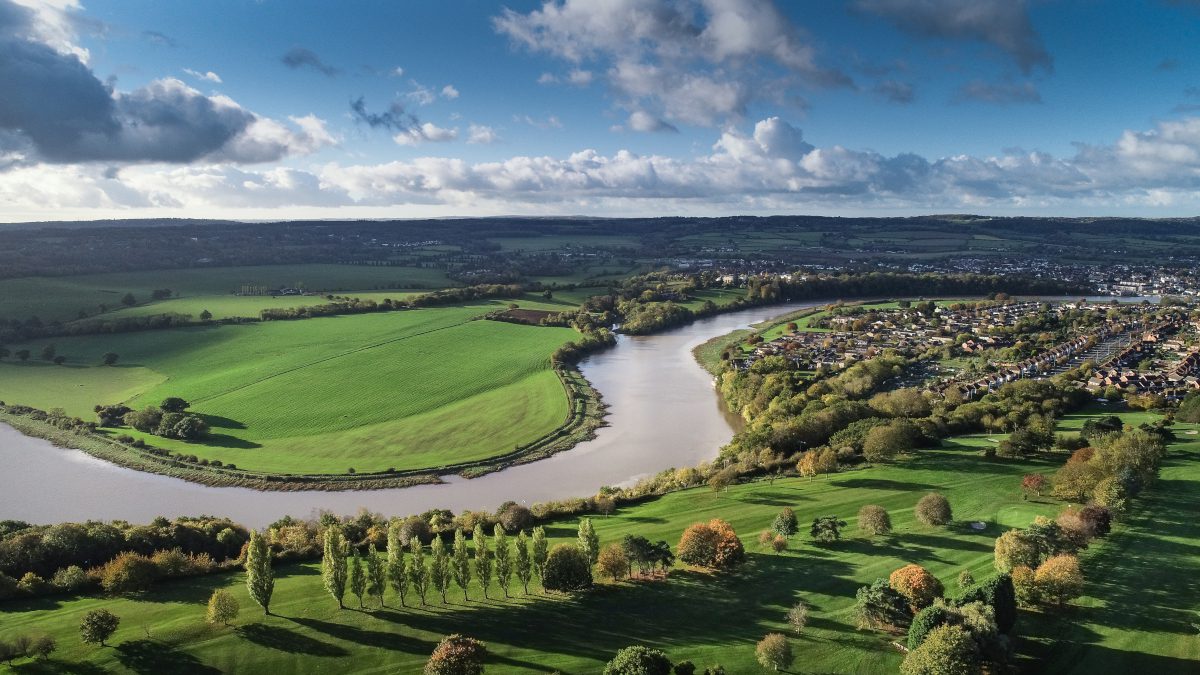
Water and sewerage firms in England are still under-performing, according to the EA’s latest appraisal of their performance – in relation to spills from storm overflows and so on. But it’s important to acknowledge that changes are definitely afoot, suggested a statement from the agency’s chair, Alan Lovell.
Commentators said the report highlighted the need to further accelerate improvement, and the industry’s representative body, Water UK, urged the regulator, OFWAT, to make sure sufficient cash is available in the next funding round (2025 – 30) to maintain and replace sewerage networks.
Perhaps most discouraging is that the number of pollution incidents – from sewerage and water supply assets – has actually worsened, from 1,883 in 2021 to 2,026 last year. This was “simply unacceptable” as the chair’s foreword put it, noting that preliminary data for 2023 looks no better.
He attributed the apparent stagnation to the fact that it takes time for culture change to take effect in large organizations, and that “there are some deep-rooted problems which can only be solved by significant investment” over a timescale of “decades”.
The document, Water and sewerage companies in England: environmental performance report 2022, showed that some companies are doing better, and Lovell said credit was due to Severn Trent Water’s retention of a four-star rating for the fourth year in a row, with United Utilities and Northumbrian Water also not far behind.
There was also a decrease in serious pollution incidents, which have dropped from 62 to 44 – “one of the lowest levels ever”, said Water UK, “though they still need to come down much further.”
The recent public apology from Water UK and the English water and sewerage companies must be treated as “a signal of change” said the EA chair, who has welcomed the statement, adding that it “aligns with the sentiment shown through our annual performance meetings where all companies demonstrated a distinct shift in culture – towards improvement and better environmental outcomes.”
For its part, the agency pledges to effect specific transformations to the way the sector is regulated, including increasing the time spent on this activity, via the introduction of specialist officers overseeing the sector, and introducing new tools to “turn huge quantities of monitoring information into regulatory intelligence.” This will also mean more time spent focusing on the highest risk sites – and the bulk of the sewerage spill problems seem to come from a minority of firms (more than half of the serious incidents this year came from the assets of Anglian Water and Thames Water, for example).
And while there were a couple of “one star” ratings awarded last year, there were none this year, another positive sign to be noted.
The agency has also announced the introduction of unlimited fines for serious spills.
“Increased fines may help,” said Richard Benwell, CEO of Wildlife and Countryside Link, “but making polluters pay for the big incidents doesn’t make up for the daily stream of pollution.”
“A wholesale shift is needed to make polluters pay, not just to clean up individual incidents,
but to fund improvements for our rivers, and nature-restoration across whole landscapes.”
He said government action was “essential”, adding “DEFRA’s goals to protect the most sensitive rivers for wildlife are too slow.”
“Accountability is patchy, with regulators too stretched to enforce effectively.”
“And any move to weaken current rules for nutrient neutrality would only add to the utterly unsustainable pollution pressure on precious river habitats”
There has been some improvement with storm overflows in 2022, but this is not surprising as it was a relatively dry year, as the EA chair noted. There will be 100% coverage of storm overflows with Event Duration Monitors (EDMs) by the end of this year, so better data will be available soon. A spotlight report in the autumn will offer more detail on this issue.
Meanwhile Mark Lloyd of the Rivers Trust felt the report “highlights the opportunities being missed to improve the state of our rivers.”
“We would like to see both industry and regulators being more ambitious in their environmental standards and holding polluters to account to drive improvements.
“To really achieve healthier rivers, we need better monitoring and transparency over data, to combat misinformation and so that better decisions are available to help our rivers. Everyone involved needs to pull together to tackle the challenges and focus on scaling up nature-based solutions to deliver the greatest benefits for our wider environment, as well as clear governance structures to ensure value for money.”
Water UK said it was “strongly urging the economic regulator, OFWAT, to ensure that
sufficient funding is allowed in the next price period (2025-30) for maintaining and replacing sewage networks.”
“This will be one of the biggest factors in enabling the pace to continue on pollution incidents, which are typically caused by worn-out pipes or equipment.”








